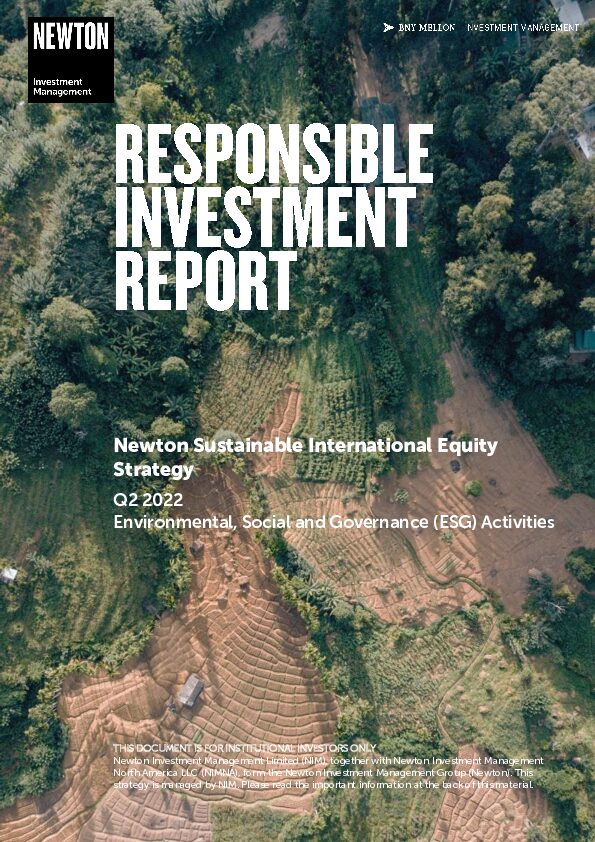This strategy is offered by Newton Investment Management Ltd (‘NIM’). NIM is part of the Newton Investment Management Group.
Earth matters
Environmental factors are high up the political agenda and provide areas of opportunity as well as risk. Governments are under pressure to respond but this can be expensive, despite advancements in technology. ‘Earth matters’ looks at these issues.
Smart revolution
Machines and networks are becoming more intelligent. This is disrupting the labour market, as machines increasingly replace humans in the workplace. ‘Smart revolution’ considers the implications commercially, socially and politically.
Net effects
The world has made the transition from connecting places to connecting people to connecting devices. The rapid rise in the ‘internet of things’ is transforming lifestyles and business. This creates winners and losers – our ‘net effects’ theme seeks to identify them.
Population dynamics
Populations are shifting significantly, with unprecedented ageing in mature economies and income growth driving changes in developing economies. This leads to differences in growth and fiscal burdens. ‘Population dynamics’ explores what shifts in demography mean for investors.
Investment team
Our Sustainable International Equity strategy is managed by a team of portfolio managers who form part of Newton’s equity opportunities team. Our dedicated responsible investment team is an integral part of the investment decision-making process. Guided by our global investment themes, we seek to identify opportunities and risks through research and debate.
- 18
- years’ average investment experience
- 11
- years’ average time at Newton
-

Paul Markham
Head of Global Opportunities
-

Paul Birchenough
Portfolio manager, Global Opportunities team
-

Ian Smith
Portfolio manager, Global Opportunities team
-

Simon Nichols
Portfolio manager, global opportunities team
-

Aditya Shah
Portfolio analyst, Global Opportunities team
-

Karen Miki Behr
Portfolio manager, Global Opportunities team
-

John R Porter III
Chief investment officer, head of equity
-

Duncan Bulgin
Portfolio manager, Global Opportunities team
-

Jonathan Dennis
Portfolio analyst, Global Opportunities team
Strategy profile
-
Objective
- The strategy seeks long-term capital appreciation through investing in ex-US companies that demonstrate attractive investment attributes and sustainable business practices
-
Performance benchmark
-
MSCI EAFE (NDR)
-
Typical number of equity holdings
-
Typically 30-50 holdings
-
Strategy inception
-
December 14, 2021
Your capital may be at risk. The value of investments and the income from them can fall as well as rise and investors may not get back the original amount invested.









